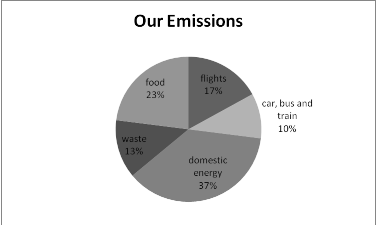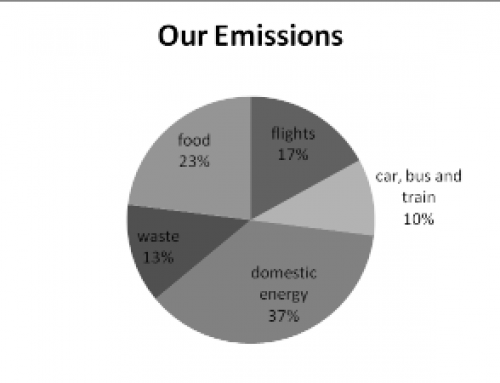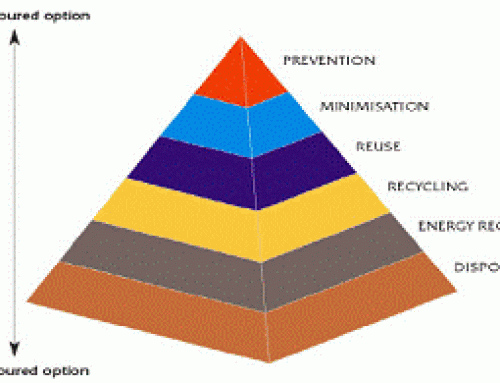READ THIS, SAVE MONEY &
BENEFIT THE ENVIRONMENT
ECOLOGICAL FOOTPRINT SURVEY OF BIRDHILL
We would like to thank you for your time & help so far in filling out the Ecological Footprint Survey allowing us to measure our communities emissions. There was a massive reply from our birdhill residents so thank you! It is great to be part of an environmentally conscious community.
The returns are currently being analysed, but a summary glance indicates that:
- Use of bus and train services by the people of Birdhill is very limited
- Most houses have 2 or 3 cars
- 75% of people are unhappy with the quality of water
- Most people use at least one water-saving measure.
- 66% use more than the average amount of water
- The overall volume of waste sent to landfill is equal to the volume recycled
- About 1/3 of the community compost
- Over ¼ of the people use some form of organic food
- Over 80% use some type of energy-saving device
- 60% use the recycling facilities in Birdhill Village
We will post you the results of the survey in the following months:
June 2010: General leaflet outlining what has been done, detailing art competition for children and providing some relevant advice.
October 2010: Full results of survey and a specific focus on waste and food
January 2011: Focus on transport and home energy
April 2011: Conduct a repeat survey and see if our emissions have changed
Did You Know
¢ Using up or consuming food, drink, electricity, coal, oil, gas, etc results in carbon dioxide emissions. Even our waste sent to landfill rots and causes emissions. Emissions due to landfill waste make up 81% of our waste related emissions.
¢ Our Ecological Footprint is the amount of carbon dioxide emissions that are related to our domestic energy, waste, water & food consumption and personal transport habits – summed up and converted to the amount of land required to absorb this carbon dioxide. If everybody in the world lived as we do in Birdhill we would currently need nearly 3 planets to sustain our lifestyles.
¢ The average resident requires an area of forest the size of 12 football pitches to absorb their carbon dioxide emissions.
¢ These emissions are causing global warming and contribute to extreme weather events.
¢ Emissions impact on our health and can contribute to asthma, lung disease, respiratory problems, heat stroke, skin cancer, etc.
Competition for Children
Having looked at some of the facts highlighted above, or on observing people’s attitudes to waste,
children are invited to participate in two competitions:
1. Draw a picture based on any of the carbon footprint issues.
2. Make up a slogan which will give a clear message about any of the issues highlighted
(example of slogan: “Why consume 2 litres of petrol to get 1 litre of milk” or “Walk to school and save on fuel”).
Closing date for entries is Friday 11th June. There will be numerous prizes for all age groups.
Winner
All those who returned the survey were entered into a draw kindly sponsored by Larkin’s Gala Shop. Congratulations to Gerard Kiely, Gortybrigane, Birdhill who won the €50 voucher. Sincere thanks to Siobhán Larkin for her support.

Domestic Waste
The waste we produce in Birdhill is responsible for about one eighth of our carbon dioxide emissions. For the average resident half of their waste is recycled & the other half goes to landfill. We each need an area of forest greater than one and a half football pitches to absorb our emissions from our waste. Green bins go to landfill while our recycled waste is mainly exported to countries like China, Spain, England, & Belgium. Our waste habits are responsible for a column of carbon dioxide one square metre in extent, sitting on top of each wheelie bin & extending upwards into the sky for about 1km. Various ways of reducing our waste & its resultant emissions are displayed in the triangle below which shows prevention of waste is the best way while landfill is the worst.
Prevention
This is the best method of reducing emissions due to waste.
Reduce is better than Reuse which is better than recycling
Recycling has emissions due to the huge distance this waste is carted around the globe & due to the energy intensive conversion of this waste into something useful.
Composting
Composting is good because it dramatically reduces the amount of waste we send to landfill. Our October leaflet will inform you on more about composting and why turning your compost and letting air in reduces your emissions. Composting can reduce your waste by one third, save lots of money & help your garden.
Wormeries & Pets
Dogs & cats can be very useful for decreasing your food waste volumes. Their droppings should be added to composters to speed up composting. If you do not have a pet, a wormery will reduce your cooked kitchen waste into fine soil. They will help save money as they reduce your waste volumes. More information in October.






